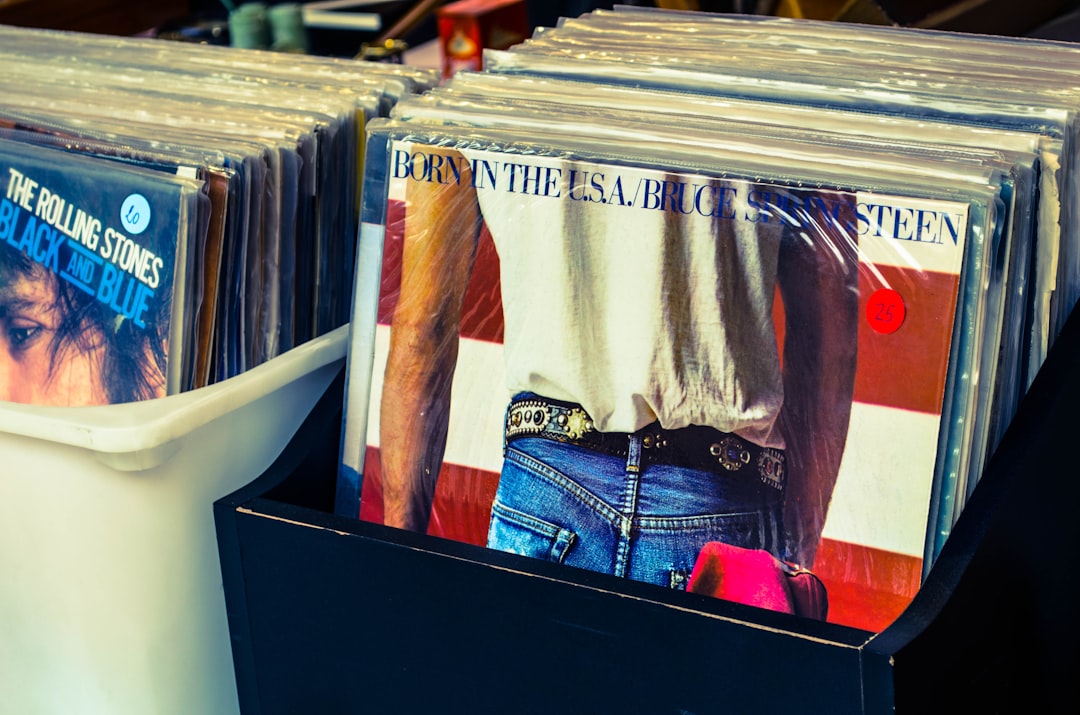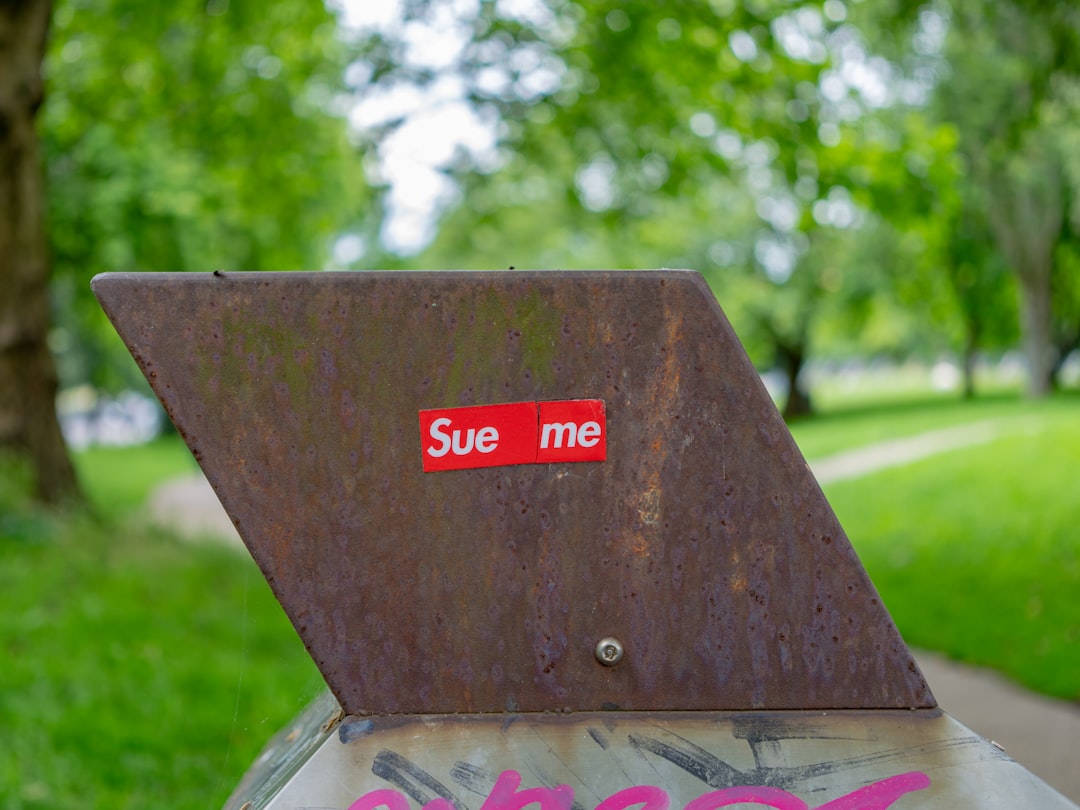Updates On User-Centric Streaming & New Music's Collapse
Plus an exciting Facebook lawsuit and shocking Springsteen ticket prices.

Writing a weekly newsletter means that pretty much everything we share is an update on something we’ve talked about before. But this week’s news seems like a direct response to things we shared a mere seven days ago, giving more context to the ongoing evolution of catalog versus new music consumption, the debate over user-centric streaming payouts and the fight for female advancement across the industry.
On the latter front, Australian music business outlet The Music Network published an article praising Vanessa Picken's elevation to Warner Music Australia CEO. In truth, there are many talented women making moves in the industry each week. We can’t report each and every promotion, but following last week’s essay on gender equality in the biz, we promise to keep paying attention.
Last week, we also pointed to a new report from Soundcloud and Midia that found the platform’s “fan-powered royalties” favored small artists compared to the pro-rata payment model used throughout the streaming sector. It concluded that platforms like Spotify and Apple Music “need agreement across the music industry before they can even think about a switch from pro-rata.”
That imagined switch took a step closer to reality this week with the announcement that Warner Music has signed a deal to participate in Soundcloud’s user-centric model for all of its music on the service. This marks the first time a major label has dipped its toe into the promising payment alternative and could lead to wider adoption in the future.
Finally, we’ve talked a lot about the persistent rise of catalog music in terms of its market share of streaming, including a 3% rise according to Luminate’s mid-year report released last week. And just today, it was pointed out by Music Business Week that the same report showed not only a loss in market share for new music, but an actual decrease in total album consumption” for tunes less than 18 months old.
Whether or not this drop in “high impacting” releases is a consistent trend or a post-COVID correction remains to be seen. But if catalog music was growing, it seemed certain that new music would eventually shrink, even while the overall streaming business continues to grow at an impressive pace.
TAKEAWAYS
Salient statements from this week’s music news.
1. Ticketmaster’s ‘Dynamic Pricing’ Spikes Bruce Springsteen Tickets to Over $5,000
The algorithmic pricing scheme is meant to keep money in the hands of promoters and out of the pockets of scalpers. But many are calling foul at the results.
Takeaway: Even veteran concertgoers who are very familiar with the idea of variable pricing have to wonder if even scalpers would be asking $5,000 for okay-but-not-front-of-house seats.

2. Your Ticket to Ride: Why Web3 is Poised to Create a Persistent Bridge Between Artists and Concertgoers
Another proposed panacea for ticketing woes has often come from the Web3 space, which promises reduced scalping, post-show revenue opportunities, and community-oriented funding and promotion.
Takeaway: As the original NFT hype cycle fades into more meaningful applications of the underlying technology, more artists will find ways to use NFTs as a free entry point into their experiences.

3. Facebook, Instagram Hit With Massive Music Copyright Lawsuit
Royalty-free platform Epidemic Music claims Meta is culpable for 30,000 infringements taking place on its platforms every day.
Takeaway: The company also alleges that Meta’s own official Music Library designed for use by creators contains unauthorized tracks.



Plus who in their right mind would attend a Springsteen concert at all after learning how mercenary Springsteen had become? Artists who fail to respect their fans don’t deserve them. There are many great new artists springing up who don’t support these unethical methods of the industry and other artists.